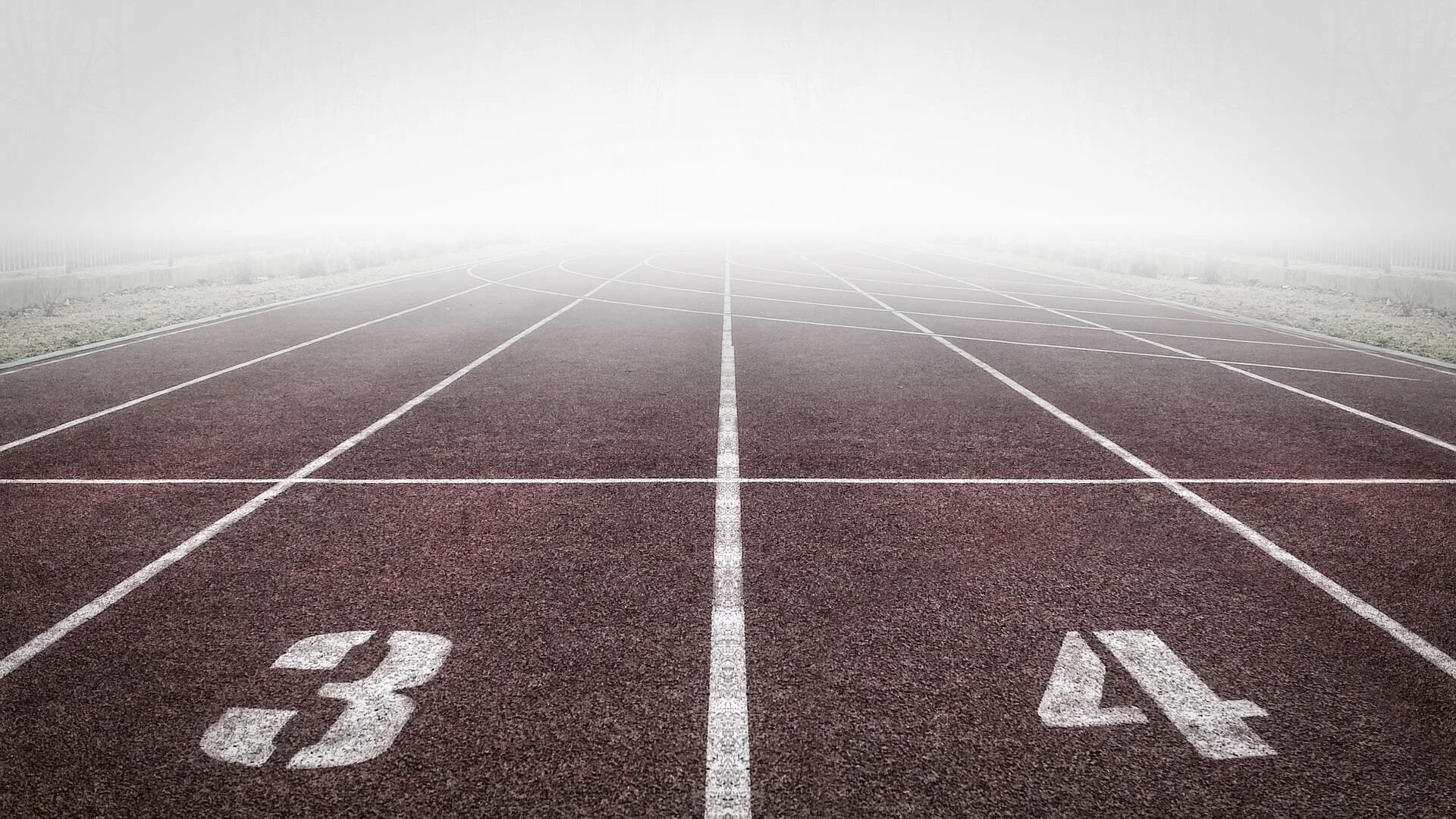The Marathon of Planet Life
Image used with permission.
By Jo Anne Preston
There are people in our lives who nudge us to be better. Who is that for you? Standing out to me today are my brother Dan and his wife Jaci, marathon and ultra-marathon runners. Conversation with them is full of, “Boston this” and “training that” and “when are we eating again?” And the word “running” is in every other sentence (sort of kidding).
All kidding aside, as I write this, I just finished watching them (via an app) cross the Boston Marathon finish line and felt incredibly moved and fiercely proud of both of them. They did the hard training, pushed themselves beyond any notion of limits, and sacrificed comfort in the moment for a long term goal.
Hard training.
Pushing ourselves beyond our perceived limits.
Sacrificing comfort now for a goal later.
I’m never going to be a runner, but these same approaches apply to just about anything important that we want to achieve, even the marathon of addressing the climate crisis and its impact on our health.
Training is not easy. Starting out, training is daunting and it’s easier to roll over in bed than to get up early to run. It’s so much easier to buy gas than plan my stops at a charging station and have to wait. Same brother and his wife also have an electric vehicle and it does add time to trips. It’s a great opportunity to practice deep breathing while waiting.
You get to decide. To do a marathon. Or a half marathon. Or a 5K. Or a walk. Or intermittent training. Or nothing. Our level of commitment to a decision is a big part of what determines how far we’ll get. And starting small is ok. I used to always buy plastic bottles of water when I was on the road for work travel. Now I drink from a reusable container. The outcome of that one small decision is I’ve eliminated buying probably 500 plastic bottles the last few years.
You probably won’t come in first. There are a lot of really fast runners that will be ahead of you. “I can’t win, why try?” leaves us apathetic. Getting solar panels (yep, brother just got those too) is not something everyone can do, and even if we get them it feels like a drop in the ocean compared to industrial impacts on the environment. Still, every drop leads to another, just like every mile leads to another. We’re in for a long run where everyone winning is more important than anyone winning individually.
We don’t all start at the same place. Nearly all of us (90% of the world's population, according to the World Health Organization) are currently breathing some level of unhealthy air due to air pollution. Increased asthma from emissions, malnutrition, heat-stress illnesses and deaths resulting from increased catastrophic climate events all impact our health. These impacts are more intense in some zip codes than in others, but we are not disconnected from each other. Marathon runner or parent running between two jobs and day care drop offs – we have different starting gates but all need clean air.
Train in steps. We need to move more urgently, but “training” has begun. An announcement in March 2023 by the Energy Information Administration declared that electricity generated from renewables surpassed coal in the United States for the first time in 2022. Tipping points do happen. One goes from, “How is running 26.2 miles possible?” to crossing the finish line. We shift from, “I still need my gas powered car because there probably isn’t the infrastructure to electrify,” to, having taken a trip in an electric car, I find I am thinking about it as a more realistic possibility for my next car purchase.
The first step in training for a marathon? Put your shoes on. Move one foot, then the next. Kind of like zazen. Sit. Breathe. Focus. Repeat.
Jo Anne Preston is a Zen Leadership practitioner.

